 Your new post is loading...

|
Scooped by
Farid Mheir
|
Interest in auto tech has risen dramatically in recent years. Technology has always been a staple of automotive research and development, but the past few years have seen a technology arms race as advances in IoT and artificial intelligence disciplines filter down to the automotive sector. Startup investment has risen dramatically as concepts once reserved for science fiction (like autonomous vehicles) move towards commercialization. We analyzed the explosion of activity in the auto tech space using the CB Insights platform in our full webinar.

|
Scooped by
Farid Mheir
|
I believe they were trying to query an intentionally unregistered domain which would appear registered in certain sandbox environments, then once they see the domain responding, they know they’re in a sandbox the malware exits to prevent further analysis. This technique isn’t unprecedented and is actually used by the Necurs trojan (they will query 5 totally random domains and if they all return the same IP, it will exit); however, because WannaCrypt used a single hardcoded domain, my registration of it caused all infections globally to believe they were inside a sandbox and exit…thus we initially unintentionally prevented the spread and and further ransoming of computers infected with this malware. Of course now that we are aware of this, we will continue to host the domain to prevent any further infections from this sample.

|
Scooped by
Farid Mheir
|
The 90,000-square-metre warehouse is the starting point for 190,000 customer deliveries every week

|
Scooped by
Farid Mheir
|
What best distinguishes our species is an ability that scientists are just beginning to appreciate: We contemplate the future. Our singular foresight created civilization and sustains society. It usually lifts our spirits, but it’s also the source of most depression and anxiety, whether we’re evaluating our own lives or worrying about the nation. Other animals have springtime rituals for educating the young, but only we subject them to “commencement” speeches grandly informing them that today is the first day of the rest of their lives.

|
Scooped by
Farid Mheir
|
The most anticipated slide deck of the year is here. Key takeaways: - Global smartphone growth is slowing: Smartphone shipments grew 3 percent year over year last year, versus 10 percent the year before. This is in addition to continued slowing internet growth, which Meeker discussed last year.
- Voice is beginning to replace typing in online queries. Twenty percent of mobile queries were made via voice in 2016, while accuracy is now about 95 percent.
- In 10 years, Netflix went from 0 to more than 30 percent of home entertainment revenue in the U.S. This is happening while TV viewership continues to decline.
- Entrepreneurs are often fans of gaming, Meeker said, quoting Elon Musk, Reid Hoffman and Mark Zuckerberg. Global interactive gaming is becoming mainstream, with 2.6 billion gamers in 2017 versus 100 million in 1995. Global gaming revenue is estimated to be around $100 billion in 2016, and China is now the top market for interactive gaming.
- China remains a fascinating market, with huge growth in mobile services and payments and services like on-demand bike sharing. (More here: The highlights of Meeker's China slides.)
- While internet growth is slowing globally, that’s not the case in India, the fastest growing large economy. The number of internet users in India grew more than 28 percent in 2016. That’s only 27 percent online penetration, which means there’s lots of room for internet usership to grow. Mobile internet usage is growing as the cost of bandwidth declines. (More here: The highlights of Meeker's India slides.)
- In the U.S. in 2016, 60 percent of the most highly valued tech companies were founded by first- or second-generation Americans and are responsible for 1.5 million employees. Those companies include tech titans Apple, Alphabet, Amazon and Facebook.
- Healthcare: Wearables are gaining adoption with about 25 percent of Americans owning one, up 12 percent from 2016. Leading tech brands are well-positioned in the digital health market, with 60 percent of consumers willing to share their health data with the likes of Google in 2016.

|
Scooped by
Farid Mheir
|
Instead of Google, Facebook, Twitter or LinkedIn owning your data, imagine a world in which you control the data about yourself and reveal only what is minimally necessary when required. It would be the web equivalent of proving to a bouncer only that you're older than 21, instead of also handing over your birthdate, address and whether you've elected to be an organ donor.

|
Scooped by
Farid Mheir
|
A timeline of six years of Buffer's transparency – all our triumphs, missteps and experiments.

|
Scooped by
Farid Mheir
|
Capgemini & MIT latest research report introduces a new approach for companies to drive engagement by giving their customers greater control, and leveraging information on their behavior without seeming exploitative. Find out more about the collaborative customer exchange by downloading the report.

|
Scooped by
Farid Mheir
|
In less than a decade, Big Data is a multi-billion-dollar industry. Who’s using it? How are they apply data? What are they achieving?Here are 37 Big Data case studies where companies see big results.

|
Scooped by
Farid Mheir
|
Engineers at MIT have designed a workout suit that responds to your body heat, according to a study published last week in Science Advances. The clothing, made from latex, is covered with thumbnail- to finger-sized ventilating flaps that open and close depending on how much heat your body puts out. But what's controlling the flaps isn't something you'll find weaved into your usual workout gear -- it's bacteria.

|
Scooped by
Farid Mheir
|
Startup ecosystems can be fragmented, competitive, and hidden to newcomers, which is detrimental for local startups and community growth. The Startup Ecosystem Canvas seeks to provide local entrepreneurs with a clear list of resources for every stage of their startup journey, and outline a basic framework for communities to map their ecosystem. With applications for the Montreal Founder Institute coming to a close, we are excited to release the Montreal Startup Ecosystem Canvas, which is currently in Draft v1 below! It was developed by the Montreal Founder Institute and local leader Sergio Escobar.

|
Scooped by
Farid Mheir
|
If you collect email information at the point of sale for your loyalty program, you can import store transactions directly into AdWords yourself or through a third-party data partner. And even if your business doesn’t have a large loyalty program, you can still measure store sales by taking advantage of Google’s third-party partnerships, which capture approximately 70% of credit and debit card transactions in the United States. There is no time-consuming setup or costly integrations required on your end. You also don’t need to share any customer information. After you opt in, we can automatically report on your store sales in AdWords.

|
Scooped by
Farid Mheir
|
Some of the talent and tools won’t necessarily be found in-house. Here’s how to create a sustainable strategy for sourcing the right people and products.

|
Scooped by
Farid Mheir
|
From cloud computing and lithium ion batteries to 3D printing and containerization, we collected the technologies that have done the most to shape the internet era.

|
Scooped by
Farid Mheir
|
This report lays out the current state of AI for business, describes primary and emerging use cases, and states the risks, opportunities and organizational considerations that businesses are facing. It concludes with recommendations for companies thinking about applying AI to their own organizations, and a look at some of the business, legal and technical trends that are likely to shape the future. Key Findings - When it comes to use cases, narrow and clear is better than new and shiny. Some of the most promising uses of AI today are highly specialized and highly vertical — from farming, to self-driving cars, to predictive analytics and precision medicine. In many cases, the most successful deployments will identify buying signals and churn signals and automate complex processes.
- AI will become a forcing function for an organizational data strategy. AI learns from vast amounts of data. Clean, accessible data is the foundation upon which successful AI is built. This means that data availability and accessibility should be early considerations when determining where to build, and where not to build, AI into systems.
- Ultimately, the opportunity (and risk) of systems based on machine learning is in their ability to sense, communicate, learn, act and adapt over time, and to connect with other systems. It’s not just about devices that will play a song or order tickets to a concert.
- Governance, privacy, ethics, and trust are critical to the customer experience. Even with a relatively “narrow” AI, it’s important to understand that enabling machines to learn and act based on data and past experience has significant implications. It’s critical to scenario plan for AI deployments — not only for the legal and regulatory reasons, but to protect and enhance the customer experience.

|
Scooped by
Farid Mheir
|

|
Scooped by
Farid Mheir
|
Let’s say you randomly selected 1000 seed-stage startups based in the United States. How many of those would go on to raise a Series A? Of companies that go on to raise a Series A, how many would go on to raise a Series B? You could keep this process going until only

|
Scooped by
Farid Mheir
|
Maple's acquisition and Munchery's recapitalization highlight challenges in food delivery, with fewer fundings, increased M&A activity, and some companies ceasing operation.

|
Scooped by
Farid Mheir
|
How do you learn to navigate an Unmanned Aerial Vehicle (UAV) and avoid obstacles? One approach is to use a small dataset collected by human experts: however, high capacity learning algorithms tend to overfit when trained with little data. An alternative is to use simulation. But the gap between simulation and real world remains large especially for perception problems. The reason most research avoids using large-scale real data is the fear of crashes! In this paper, we propose to bite the bullet and collect a dataset of crashes itself! We build a drone whose sole purpose is to crash into objects: it samples naive trajectories and crashes into random objects. We crash our drone 11,500 times to create one of the biggest UAV crash dataset. This dataset captures the different ways in which a UAV can crash. We use all this negative flying data in conjunction with positive data sampled from the same trajectories to learn a simple yet powerful policy for UAV navigation. We show that this simple self-supervised model is quite effective in navigating the UAV even in extremely cluttered environments with dynamic obstacles including humans. For supplementary video see: https://youtu.be/u151hJaGKUo

|
Scooped by
Farid Mheir
|
Motivation Imagine you’re an engineer working on a new product feature that is going to have a high impact on the end user, like the Dropbox Badge. You want to get quick validation on the functionality and utility of the feature.

|
Scooped by
Farid Mheir
|
Over 100 million Americans suffer from chronic pain. SnowWorld attempted to divert a patient’s attention from the pain they were experiencing, and into a magical world that saw them flying through a virtual canyon while throwing snowballs at penguins and snowmen. It’s early, but according to Quartz, others have had similar success: the Pain Studies Lab at Simon Fraser University in Canada, Virtual Reality Medical Center in San Diego, and others have all reported significant improvement for patients using VR simulations to treat pain.

|
Scooped by
Farid Mheir
|
This study plans to gather more data about heart health from more people than any research study has done before. We'll use it to develop strategies to prevent and treat all aspects of heart disease. It's as simple as that.

|
Scooped by
Farid Mheir
|
A study published today suggests your Apple Watch could help detect and track serious heart conditions. According to CNET, researchers from the University of California, San Francisco worked with the app Cardiogram on the Health eHeart study, gathering cardiovascular data from 6,158 people who used Apple Watches. They tested whether the watches were able to …

|
Scooped by
Farid Mheir
|

|
Scooped by
Farid Mheir
|
Microsoft was granted a patent for augmented reality glasses that track when and what you eat.
|

Curated by Farid Mheir
Get every post weekly in your inbox by registering here: http://fmcs.digital/newsletter-signup/
|



 Your new post is loading...
Your new post is loading...

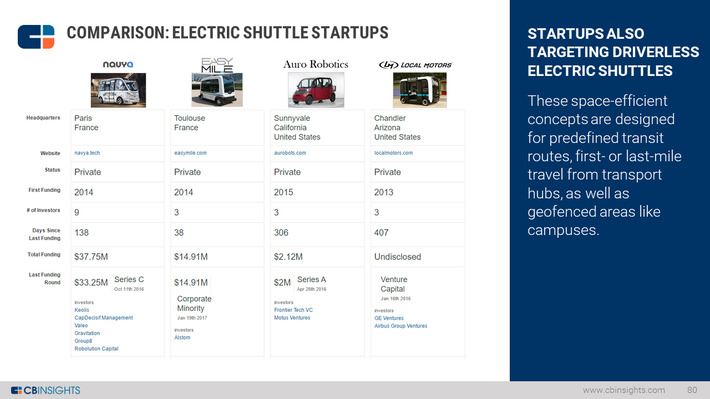



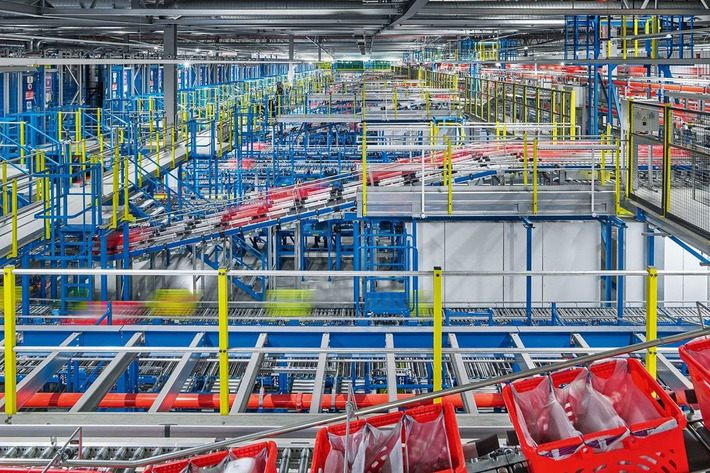


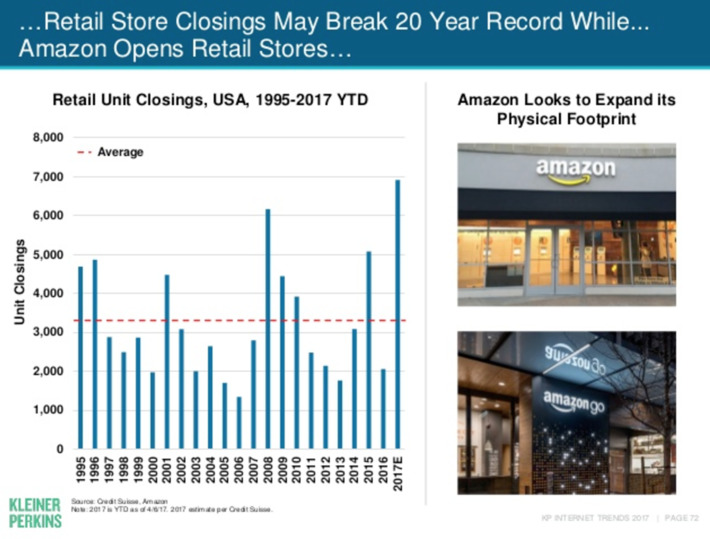
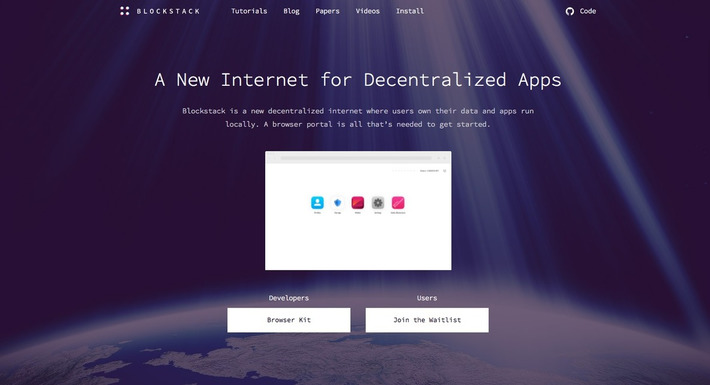
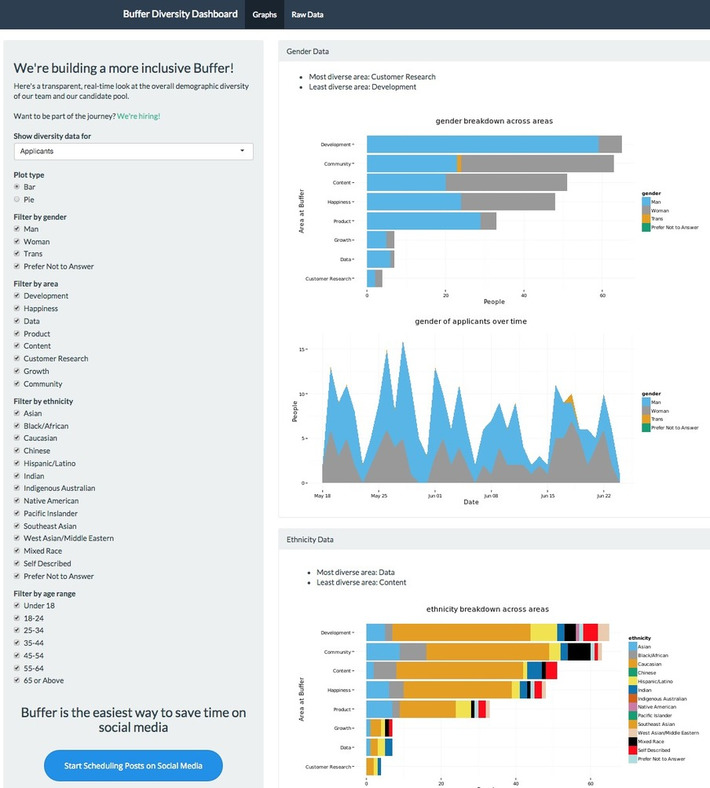
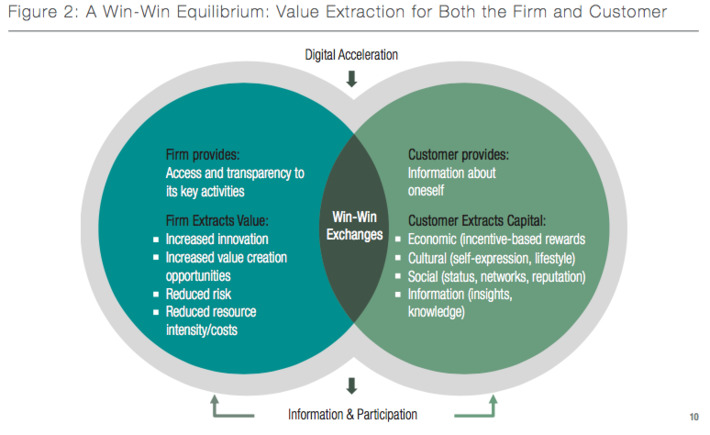

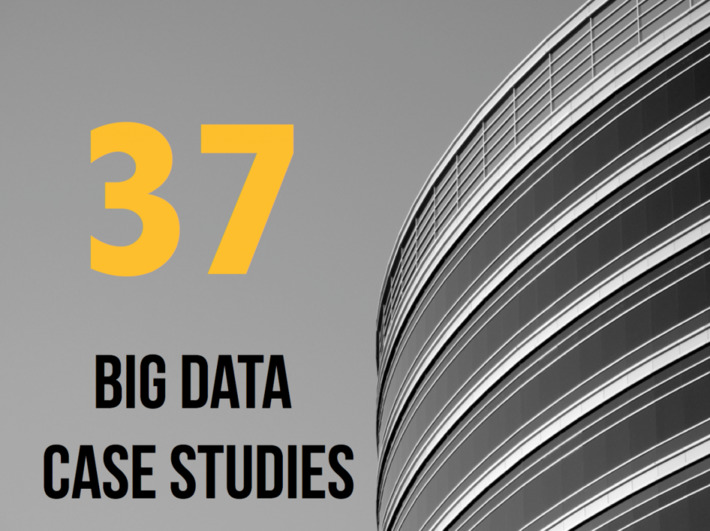


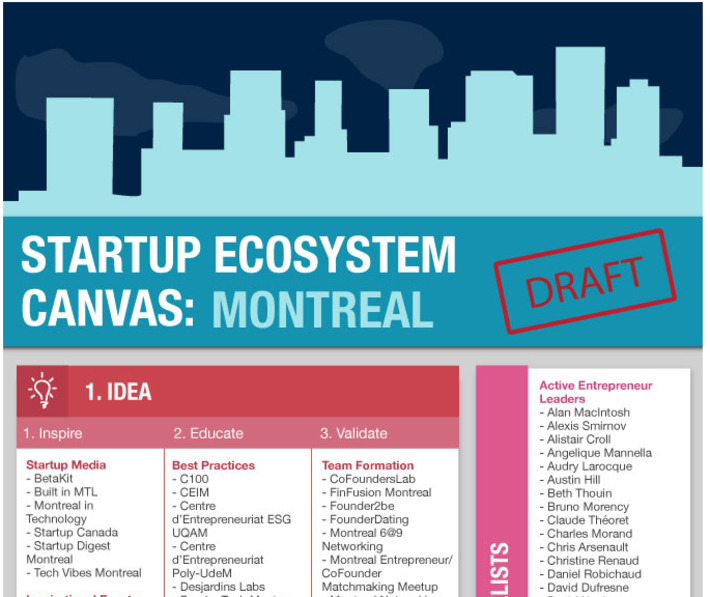
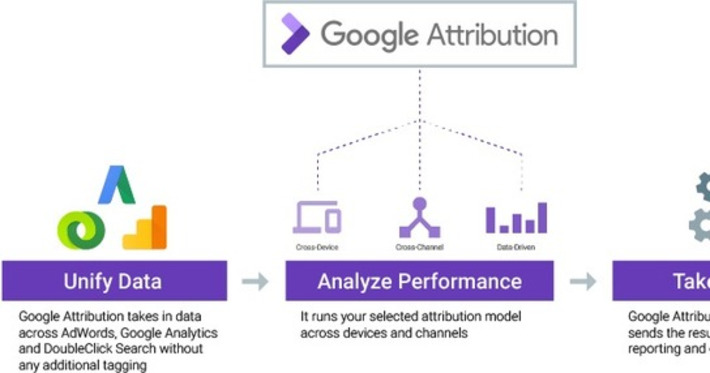
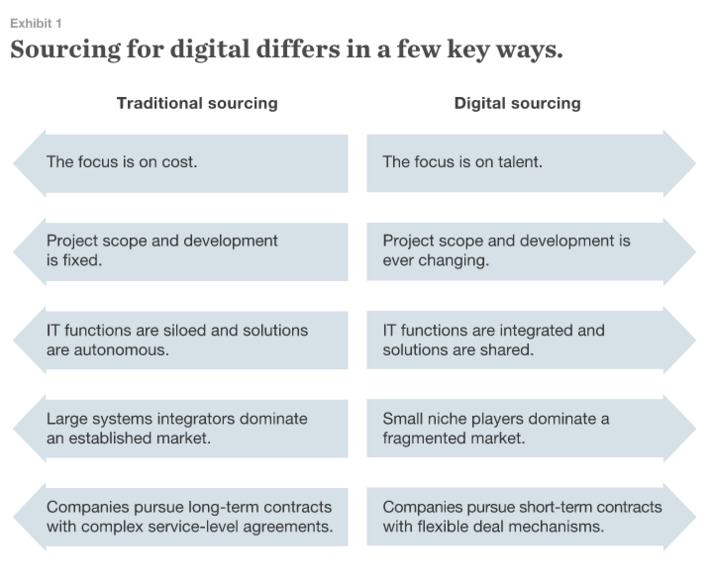
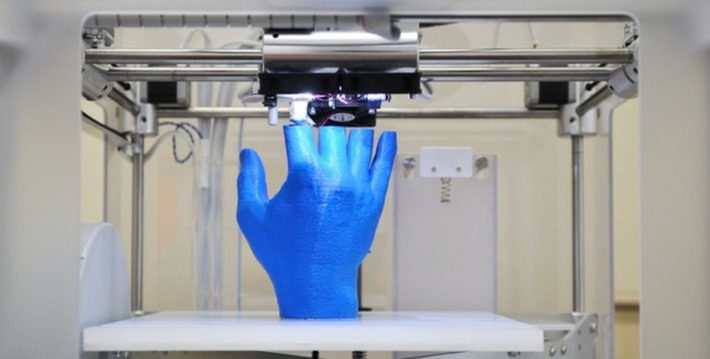

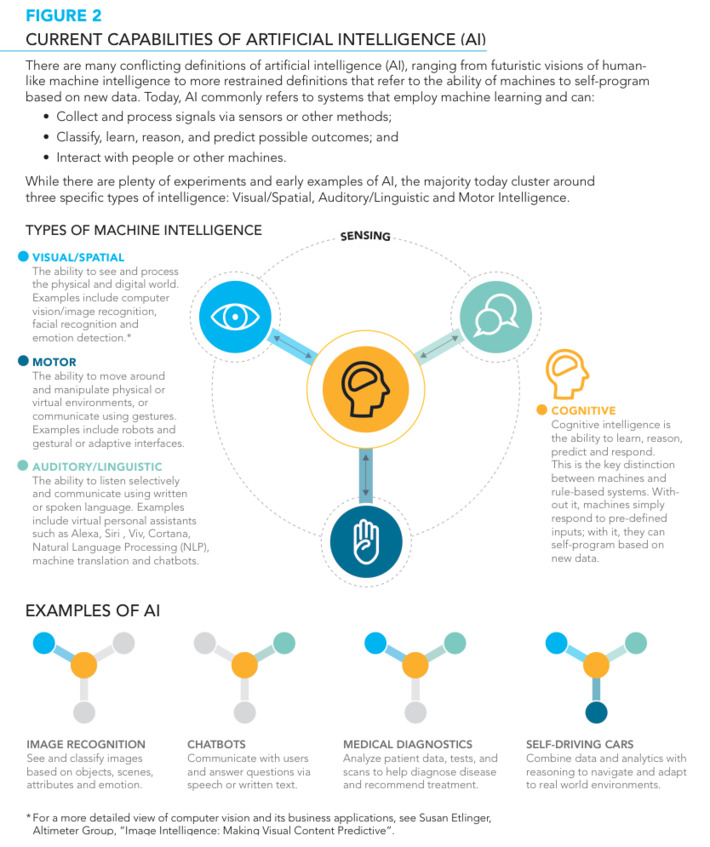

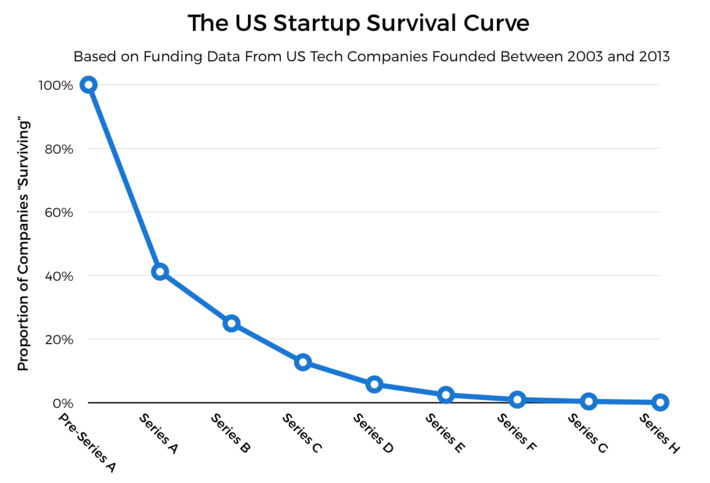
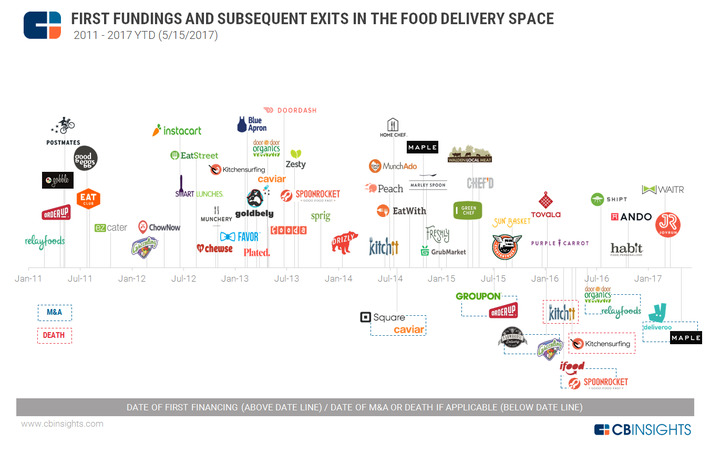
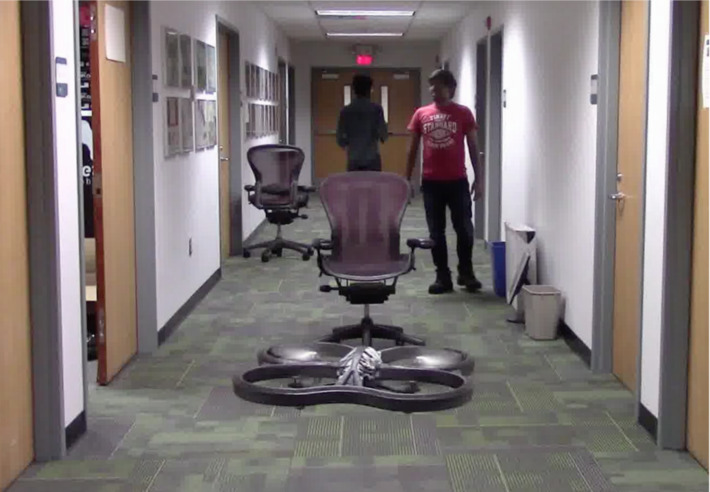
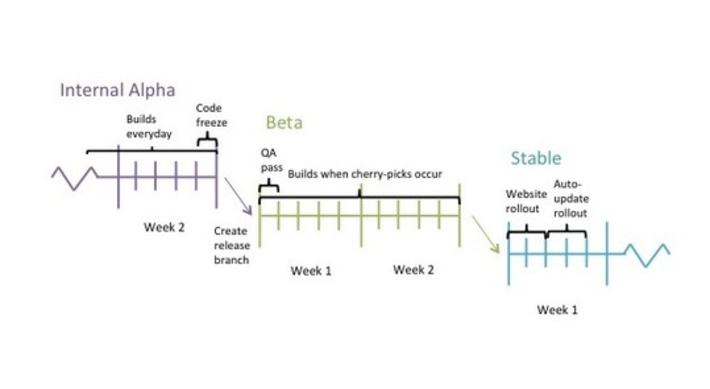


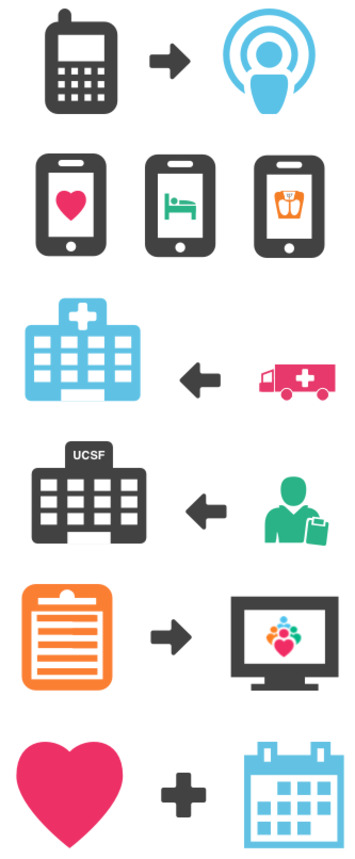
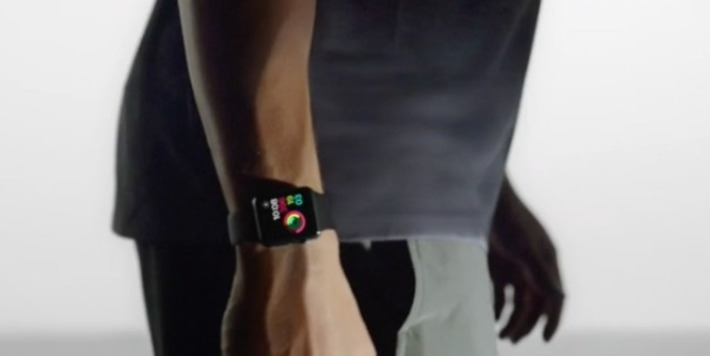
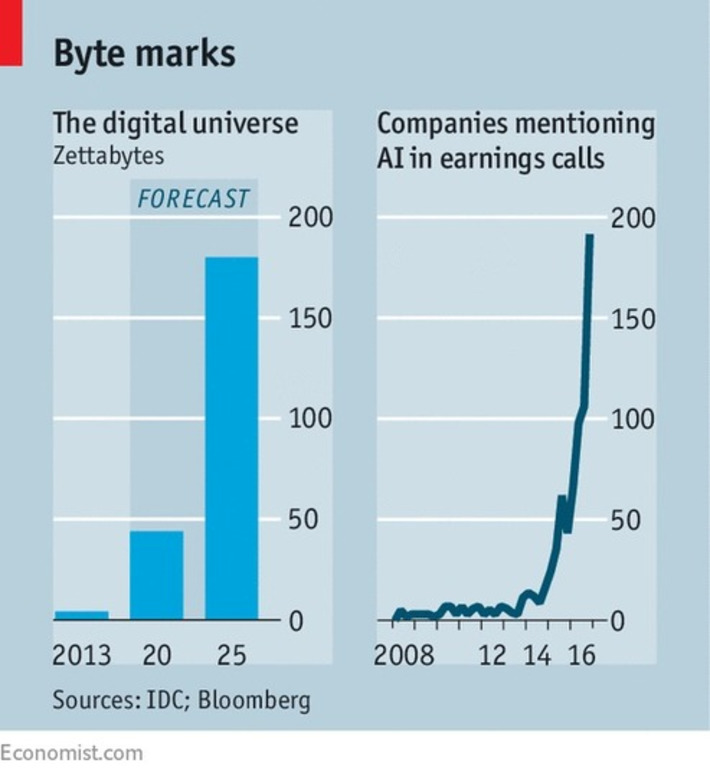










WHY THIS IS IMPORTANT
Automobile tech combines so many of the high tech solutions and technologies - from AI to new batteries - that it makes for a great case study to understand how much transportation will change in the coming years. And with it, the possibility of business transformation from eCommerce delivery to supply chain improvements to employee getting to work with little stress and no traffic jams.